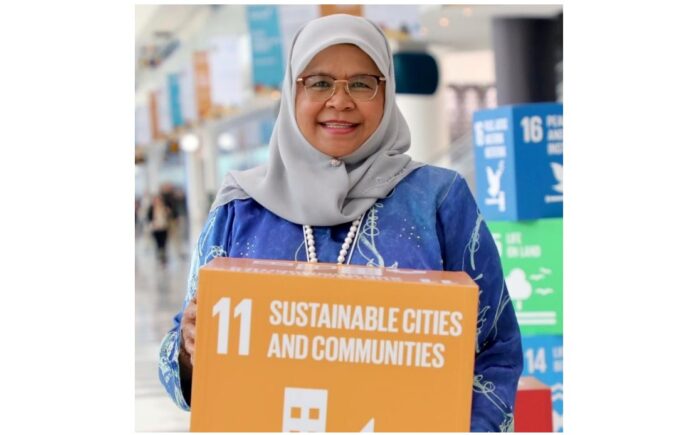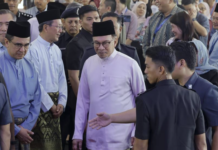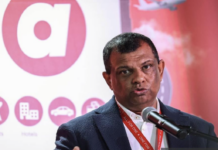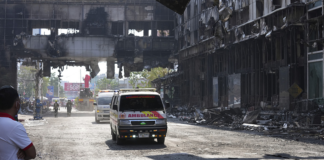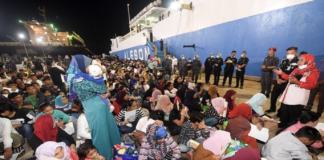KATOWICE (POLAND), June 26 — The urban development agenda across the world, post-pandemic, should be more strategic to ensure the people’s well-being and health, said the United Nations Human Settlements Programme (UN-Habitat) executive director, Datuk Seri Maimunah Mohd Sharif.
She said the COVID-19 pandemic had opened the eyes of all parties on the need to create cities that were more efficient and resilient from any threats, particularly to health.
“During the pandemic, for instance, the government had asked the people to remain at home but there were the homeless, and to ensure physical distancing but some of their homes are small.
“The pandemic had made the whole world to be more aware….if possible, to provide the facilities without much fuss during the pandemic. So, why should these not be extended now (post-pandemic period) while all the incentives given (during the pandemic period) should be continued based on the people’s needs.”
Maimunah said this to the Malaysian media when met at the 11th World Urban Forum (WUF11) with the theme, ‘Transforming Our Cities, For A Better Urban Future’, which is being held for five days from today.
She also received the Tokoh Perancang Bandar Malaysia 2021 (Malaysia Urban Planner Award 2021) from Housing and Local Government Minister, Datuk Seri Reezal Merican Naina Merican who is heading the Malaysian delegation to WUF11.
In 2021, she was hailed as the Tokoh Perancang Bandar Malaysia in conjunction with 100 Years of the Town Planning Profession in Malaysia.
Maimunah said the research work titled, ‘Cities and Pandemic: Towards a more just, green and healthy future’ had been published for reference.
“The UN-Habitat had analysed about 1,700 cities in the world and I see four main matters of concern in the study, namely, the need to look into the issue of poverty, rethinking of urban design, governance and the new business model, for instance, health is a human right.
On Malaysia’s involvement in WUF11, Maimunah said the forum would be a platform for Malaysia to share its good practices and to evaluate those practices from the rest of the world for improvements to its national urbanisation agenda.
She said that personally, she had always shared Malaysia’s best practices with other countries.
WUF was established by the United Nations in 2001 to study one of the most pressing issues faced by the world today, i.e. rapid urbanisation and its effects on the cities and their communities and economy, as well as climate change.
Organised by UN-Habitat, this international forum on urban issues gathers government, regional and local representatives, academicians, business as well as community leaders, city planners and the civil society representatives.




